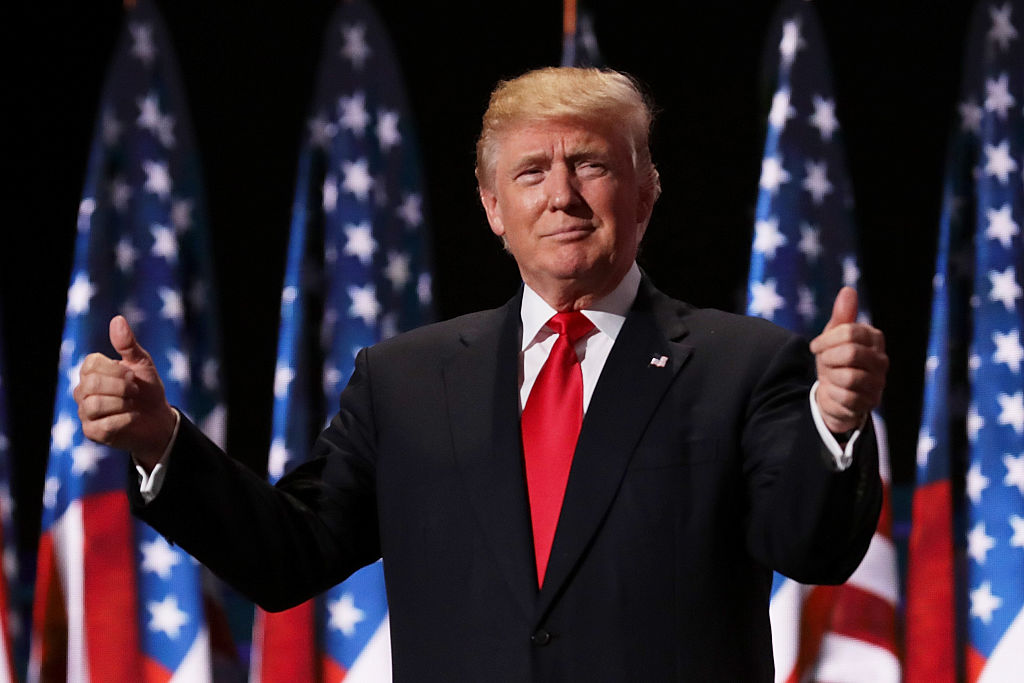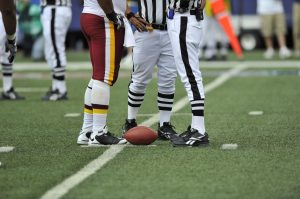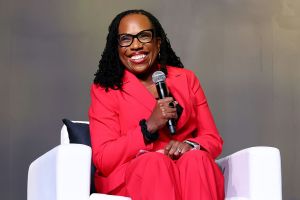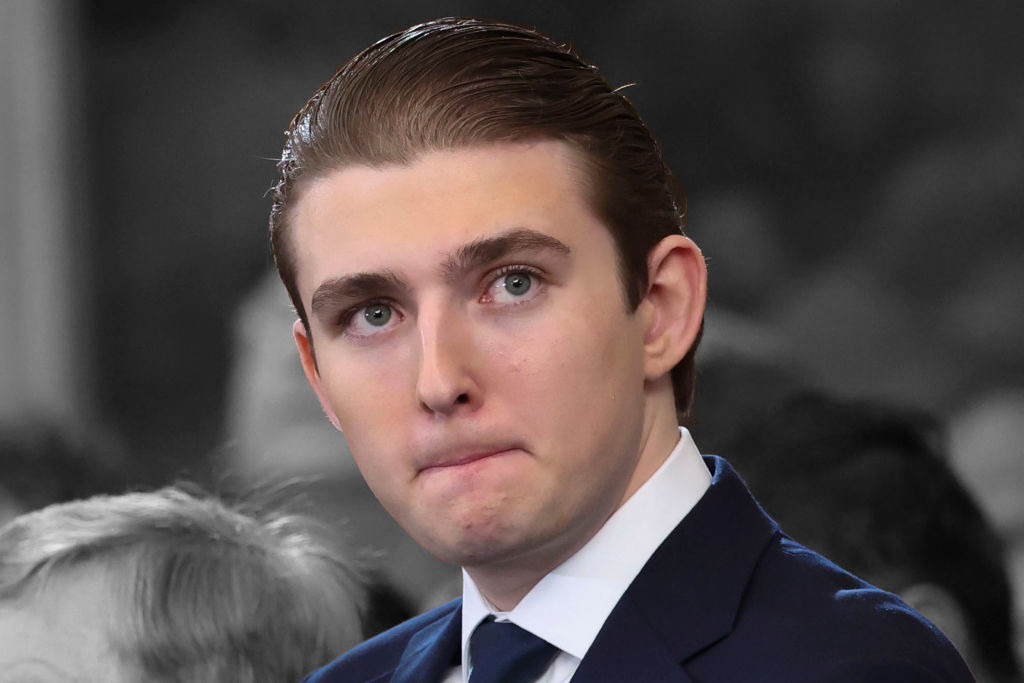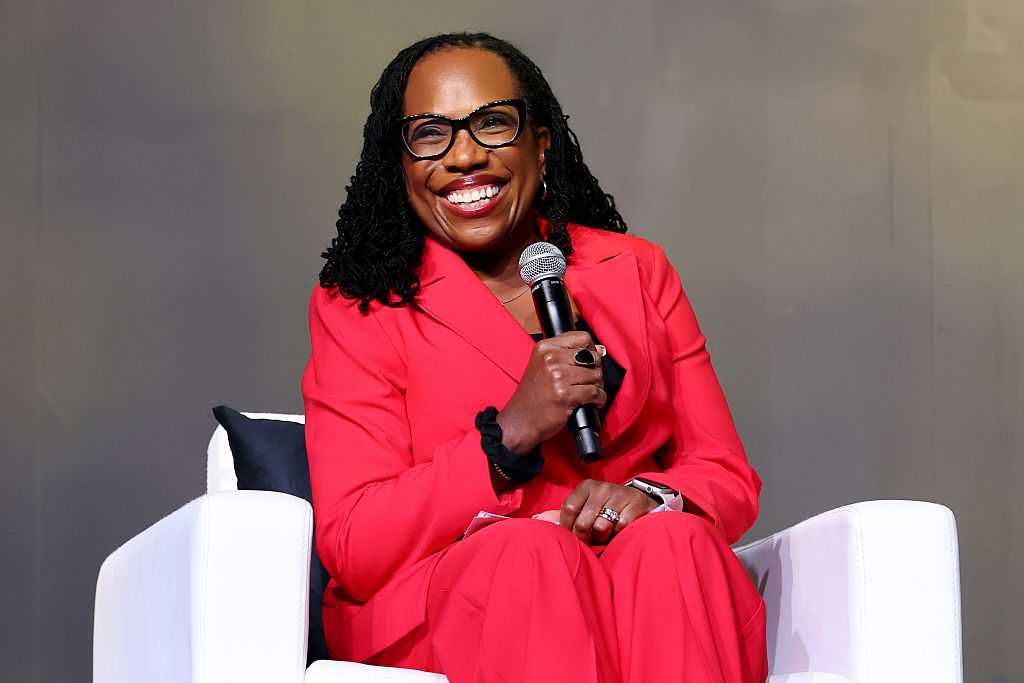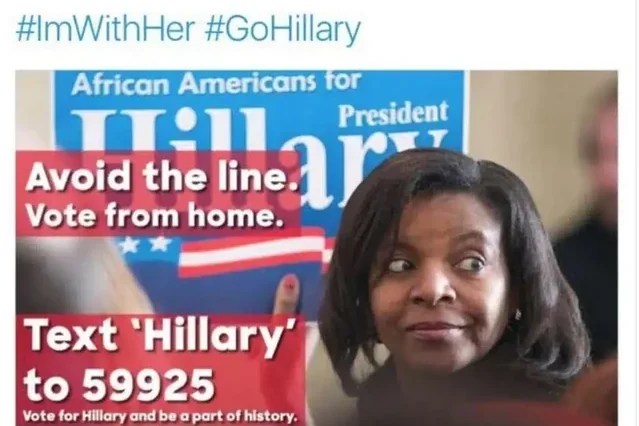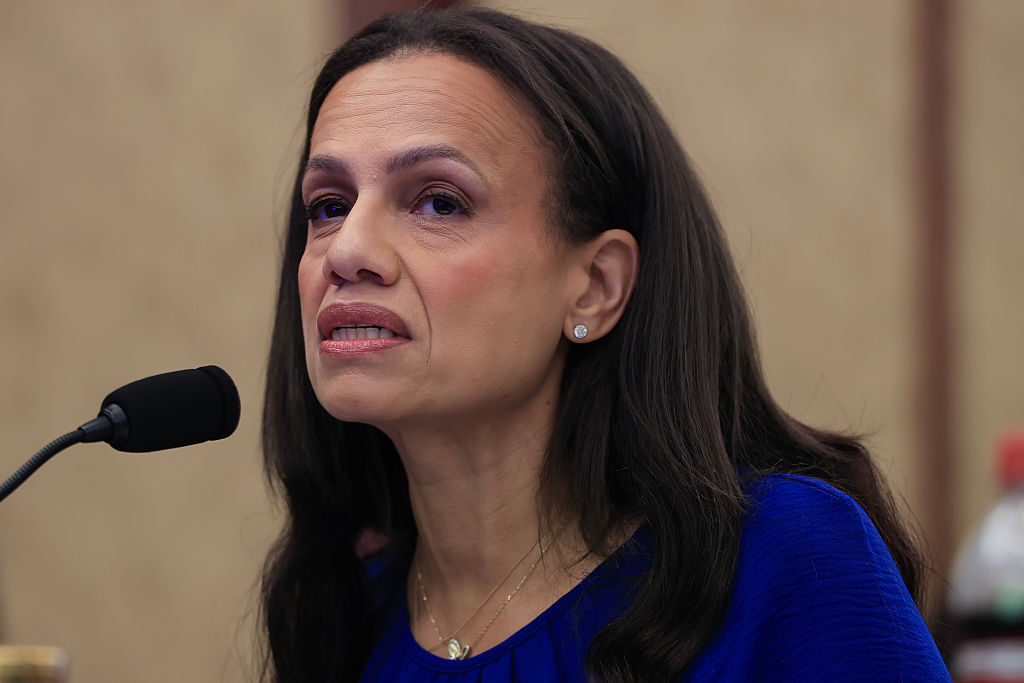When I got sober in October of 2013, my sponsor said many things I didn’t want to hear. One of those things was ‘You have no idea who you are.’ Another was ‘Many of the things you thought you wanted, you’ll realize you don’t want and vice versa. If you manage to stay sober long enough, you’ll look around and marvel at who you have become.’
She turned out to be right, but I never could have predicted that in the span of five years I’d go from waiting tables to writing for Playboy to representing Independents on the Ben Shapiro Election Special on a Fox News panel.
At a certain point, sometime around 2018, I looked around and said to myself, ‘Wait. I’m a conservative now? How much weed was I smoking!?’
Joking aside, the reason I ended up caught in the crossfire of the culture wars has very little to do with my drug and alcohol abuse, but with the forces that pushed the Democratic party left, leaving classical liberals like me behind, lost and politically homeless. Much ink has been spilled analyzing these trends by folks smarter than me. Folks who have spent years in politics, writing about politics and thinking about culture and politics. I am not that person. Me? I had no idea what a classical liberal was until 2017.
If you’re wondering why I sound like a woman who had been in a coma since the second Bush administration and stumbled into the culture wars oblivious to the tectonic shifts that went down between 1999 and 2013, it’s because in some ways that’s exactly what happened to me. Only I wasn’t in a coma. I was in a blackout. A two decades-long blackout that started around age 12.
As I hit my eighth sober birthday, I’m reflecting on exactly how much getting sober played a part in where I am today. Of course it did in the obvious ways: my relationships, my finances, my career, my self-esteem. But being in a 12-step program had a huge effect on my ability to process the dizzying events that unfolded a short time after I sobered up.
For those of you who have never had the joy of hitting rock bottom and having to put your life back together again — it’s gnarly. It’s a soul-crushing, humbling, humiliating experience at first. It starts as a painful awakening with moments of clarity, hope and glimpses of what life could be and who the person is that you’re excavating from under years and decades of rubble. It’s painful and wondrous and maddening and joyful and exhilarating and frustrating and honestly, it’s a miracle that anyone does it. I started using substances at such a young age that by the time I surrendered to the fact that I couldn’t drink normally at age 35, I had arrested development and no coping skills whatsoever. The first year of abstaining from alcohol and drugs was a blur. (I’ll say here: there are many ways to get sober and many ideas of what that looks like. For me it had to be abstinence. I spent years trying to be moderate and it never worked. Ever. That’s not the case for everyone. I can only speak to my experience.)
There is a great metaphor that getting sober is like you’ve been driving at 90 mph and you suddenly slam on the brakes and all the garbage you’ve been tossing in the back seat comes flying forward. All your trauma. All your resentment and rage. Year one, I felt like raw, exposed nerve in a hostile world.
Around year two, the depression kicked in. Or perhaps I became aware of it. I didn’t even know I’d experienced depression; I’d always just thought I was hung over. And right on the heels of that debilitating depression along came Trump, bursting on to the 2016 election scene like the Kool-Aid Man. The night Trump won the election was a little after my three-year sober anniversary.
It was around this time in Los Angeles and online and in 12-step meetings that my peers began collectively losing their minds. I knew I had a choice. Go crazy with everyone else (and most certainly drink) or apply my program to the new American addiction: Donald Trump. Admit that I was powerless. Surrender. Attempt to put principles before personalities. Come into acceptance. I knew I couldn’t live in resentment and anger for four years; I don’t have that luxury. So I did my best to stay balanced.
I was confused and was sharing that confusion with the world, often imperfectly. In many ways, I was growing up in public. I was called a hack, a reactionary liberal, ‘Little Miss Captain of the Fence-Riding Team’, a Nazi and, of course, a grifter. The ‘both sides- ism’ that people mistook for a schtick was really me having no idea who I was, doing my best to stay sober, in completely bonkers times.
The world wasn’t as black and white as I’d believed and, being that I’d just had my ass handed to me by life, I wasn’t so cocksure about myself anymore. This open-mindedness gave me the appearance of being wishy-washy — but I fundamentally didn’t trust myself or my judgment that early in sobriety. In many ways, I still don’t.
This article was originally published in The Spectator’s November 2021 World edition.



